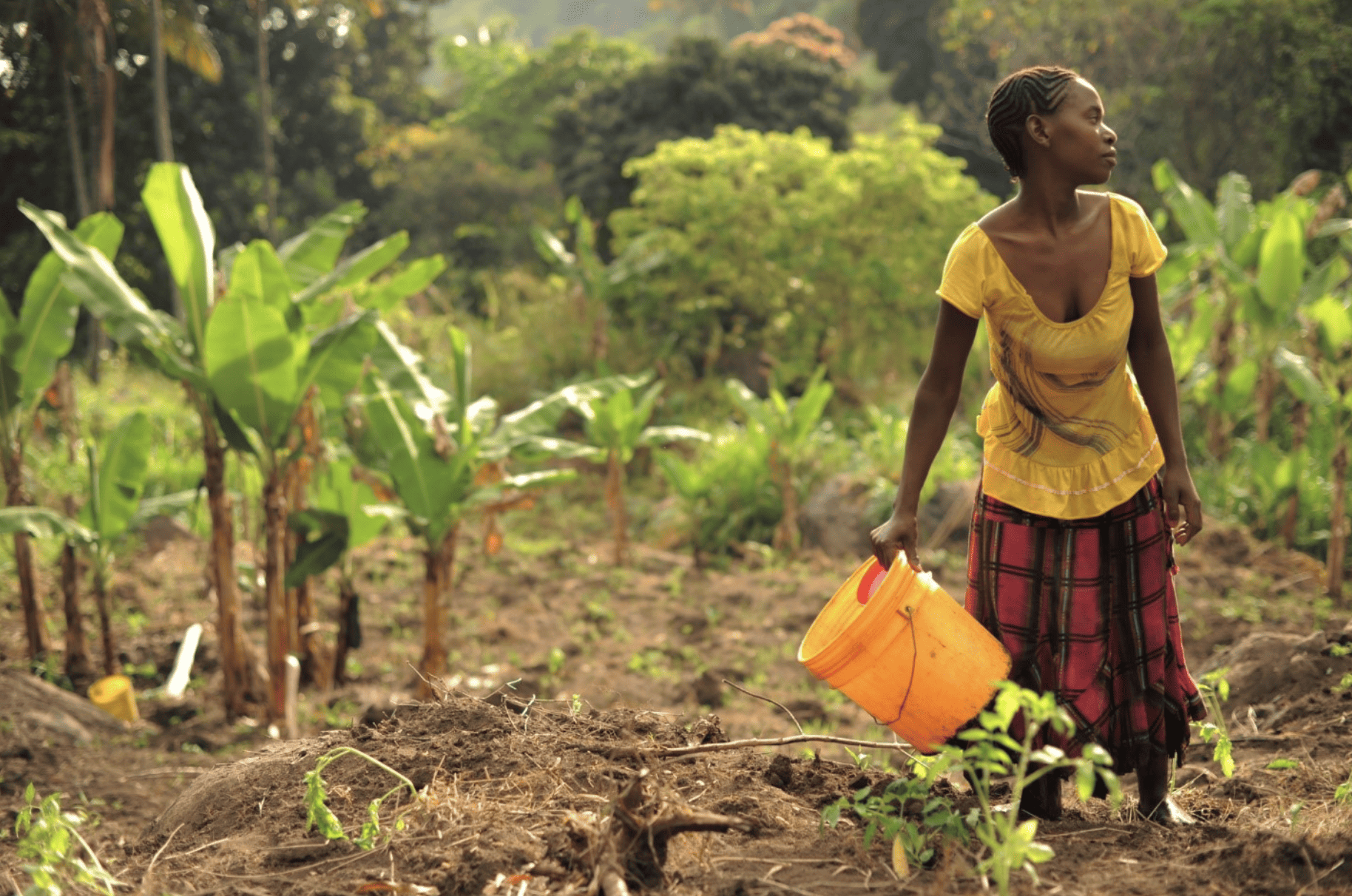
Carbon Rights And The
Importance Of Benefit Sharing
Clarifying forest carbon rights is crucial for any effective REDD+ system. Often linked to debates about forest tenure, carbon rights also have a significant influence on who can benefit, how and to whom emissions reductions can be sold and under what circumstances. Debates about forest carbon rights are strongly linked to debates about equity in REDD+. Clear and secure forest carbon rights and benefit sharing arrangements are important to catalyzing change with gender-responsive, forest carbon finance and to encourage public and private investment into REDD+.
Currently, there is no internationally accepted definition of carbon rights, and very few countries have adopted definitions in their national legal systems. However, carbon markets can be part of the solution to protect natural resources, but only if the rights of those who depend on and live in forest areas are recognized and protected.
The UN-REDD Programme provides support to forest countries to clarify carbon rights, with a goal to ultimately accessing forest carbon finance. Many forest carbon schemes are located in lands historically claimed, inhabited and used by Indigenous peoples and local communities, but often their rights are not secured, putting their well-being at risk and threatening the future of carbon markets.
As private and public carbon markets develop, the potential benefits and risks of carbon trading for Indigenous peoples and local communities must be carefully assessed. Potential benefits include increased financial flows for forest protection and conservation, better recognition of community rights and improved livelihood opportunities, such as the sustainable production of non-timber forest products. But to mitigate the risks, governments, public and private investors and others involved in carbon finance must adopt rights-based approaches to fully respect, protect and realize the rights of Indigenous peoples and local communities.
In Latin America and the Caribbean, research shows that forest communities are the best guardians of the region’s forests and that supporting them is a highly cost-effective way to reduce carbon emissions. In other parts of the world, like Cameroon, Nepal and Zambia, community-based forest management initiatives have been shown to reduce deforestation and poverty, while improving biodiversity protection and carbon sequestration.
Large-scale programs that reduce emissions from deforestation and forest degradation, as part of the REDD+ process, produce the high-integrity, high-quality carbon credits that buyers demand. Mozambique’s Emission Reduction Payment Agreement (ERPAs) is one example that demonstrates an emerging market for jurisdictional REDD+ carbon credits.
As countries progress towards the often complex agreements between the emissions reductions program entity, and/or participants and landowners, communities and rights holders for the transfer of carbon rights, lessons can be learned from previous experiences and programs, especially as it relates to formalizing tenure rights. Consistent effort is needed to recognize and formalize community forest tenure at large-scale. Additionally, benefit-sharing plans at the jurisdictional level must be developed to guarantee transparency and equity in the distribution of REDD+ payments and to target vulnerable groups and small stakeholders based on their actions and contributions, in line with REDD+ safeguards.

